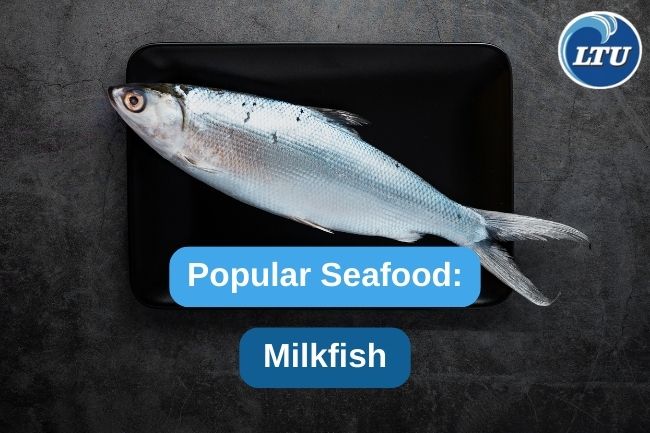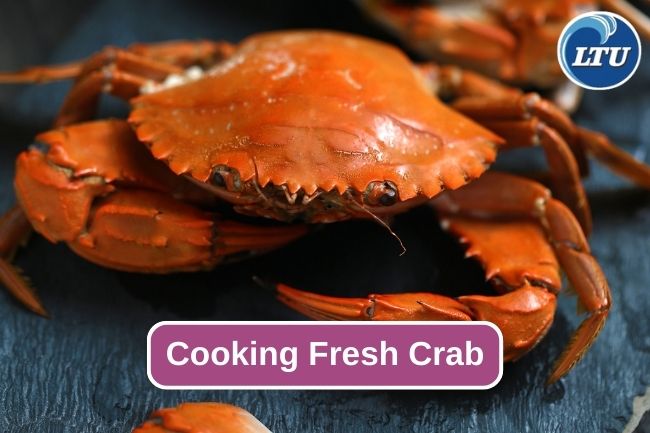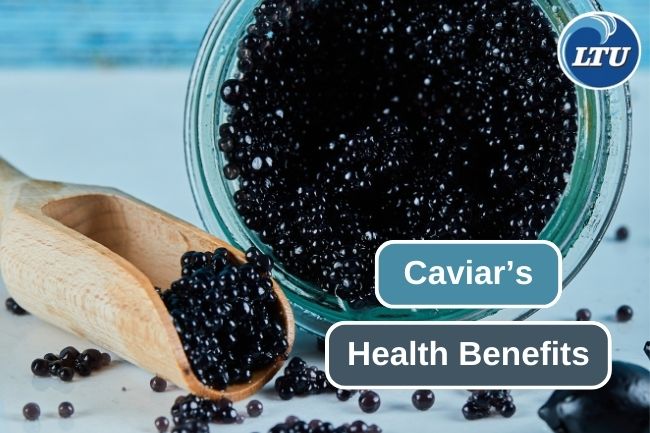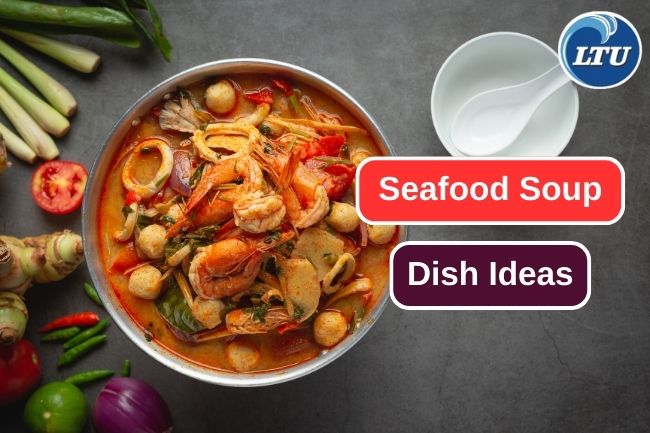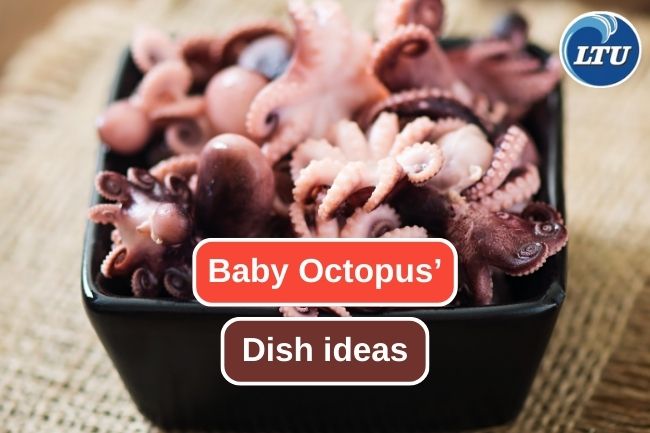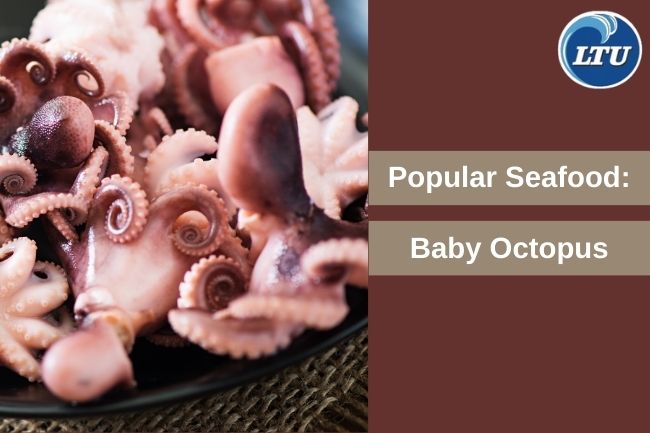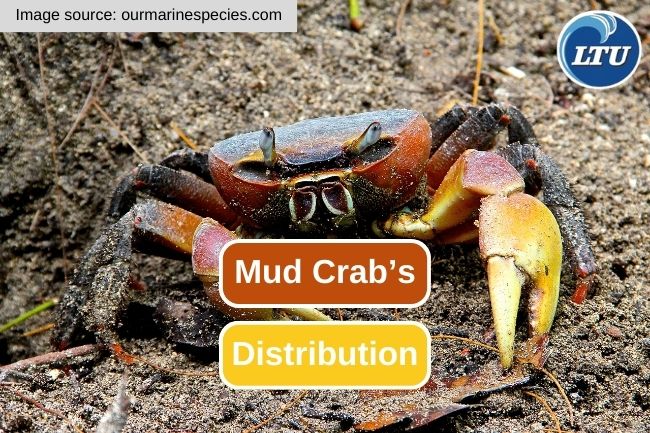2 Most Common Used Grouper Farming System
By. Nevanda - 27 Apr 2023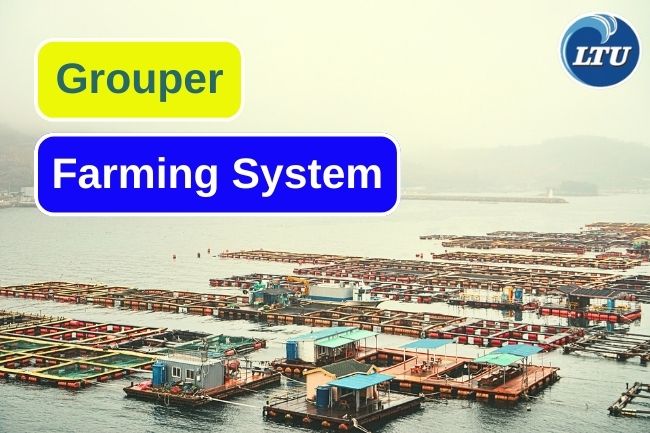
lauttimur.com - Grouper is a type of fish that belongs to the family Serranidae. It is a large, predatory fish that is commonly found in tropical and subtropical waters around the world. Grouper typically have a thick, round body and a wide mouth with a protruding lower jaw. They are prized by fishermen and are highly valued as a food fish due to their mild, flaky white flesh. Its high demand in fish market become one of the factor that cause a declining of their population, therefore nowadays grouper began to be farmed.
Grouper farming refers to the process of cultivating and breeding groupers, a type of fish that is commonly used for food. Grouper farming is becoming increasingly popular due to the high demand for this type of fish in many countries around the world.
Grouper farming typically involves raising the fish in tanks or cages in controlled environments, where water quality, temperature, and other factors can be closely monitored and regulated. The fish are fed a balanced diet and are kept in conditions that mimic their natural habitat as closely as possible.
There are mainly two types of grow-out system for grouper farming:
1. Net cage culture
The placement of net cage for the grouper farming is a major factor to be considered. The location for net cage culture should be free from predators and strong wind and waves. Also, it is important to check that there is enough water exchange and good water quality for grouper farming.
2. Pond culture
Creating pond area for grouper farming requires good attention, because it capacity of a pond will be adjust to the fish density and stocking capacity. It is best to build a pond in the intertidal zones to receive tidal fishing. Pond placement in the intertidal zone also provide continuous flowing water so it will prevent the flock and sedimentation in the pond area.
Read also: Here Are 10 Fun Facts About Red Snapper
The process of grouper farming can be complex and requires careful planning and management to ensure the health and well-being of the fish. It can also involve significant investment in terms of equipment, facilities, and labor.
One of the advantages of grouper farming is that it can provide a reliable source of high-quality fish for consumption, while also reducing the pressure on wild fish populations. However, there are also concerns about the environmental impact of fish farming, particularly in terms of waste management and the potential for disease transmission between farmed and wild fish populations.
Read also: This Is How You Make Delicious Baked Salmon

